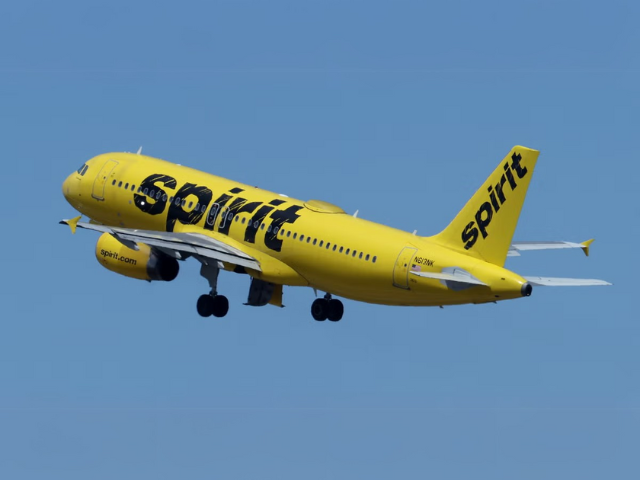Spirit Airlines files for Chapter 11 bankruptcy, aims to restructure amid financial challenges
Spirit Airlines files for Chapter 11 bankruptcy, citing pandemic losses and failed merger.

Spirit Airlines announced Monday that it has filed for Chapter 11 bankruptcy protection, citing over $2.5 billion in losses since 2020 and $1 billion in impending debt payments. Despite the filing, the Miramar, Florida-based airline intends to continue operations, allowing customers to book and fly without disruptions.
Spirit's financial struggles stem from several factors, including rising labor costs, declining fares, and increased competition from major carriers offering budget options. CEO Ted Christie acknowledged these challenges during an August earnings call, saying, “We are focused on refinancing our debt, improving our overall liquidity position, deploying our new reimagined product into the market, and growing our loyalty programs.”
The airline has faced additional obstacles, such as required repairs to Pratt & Whitney engines that have grounded numerous Airbus jets, and a failed $3.8 billion merger with JetBlue, which was blocked by the Department of Justice in January 2024. Analysts predict that competitors like Frontier, JetBlue, and Southwest stand to benefit from Spirit’s recent 20% reduction in its October-December schedule.
Spirit’s efforts to pivot its business model by offering bundled fares that include amenities like larger seats, free bags, and snacks have yet to yield significant results. “The chatter in the market about Spirit is notable, but we are not distracted,” Christie said, emphasizing the company’s commitment to stabilizing operations.



















COMMENTS
Comments are moderated and generally will be posted if they are on-topic and not abusive.
For more information, please see our Comments FAQ